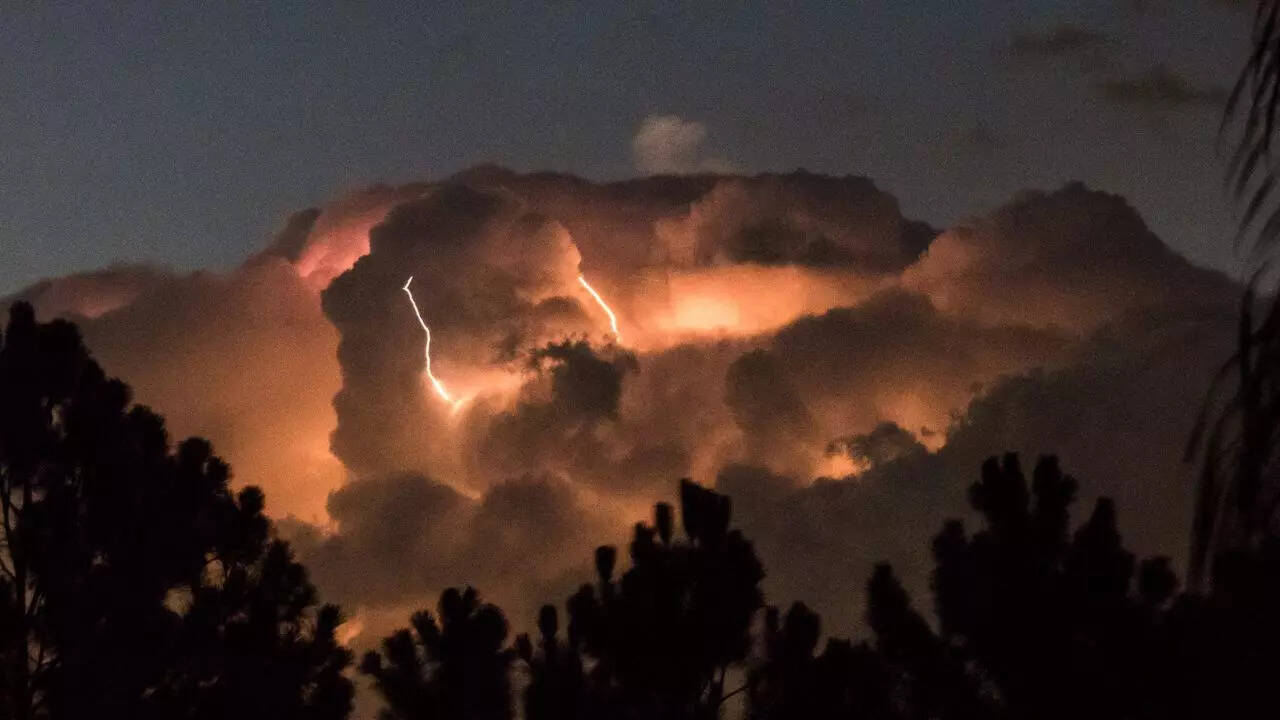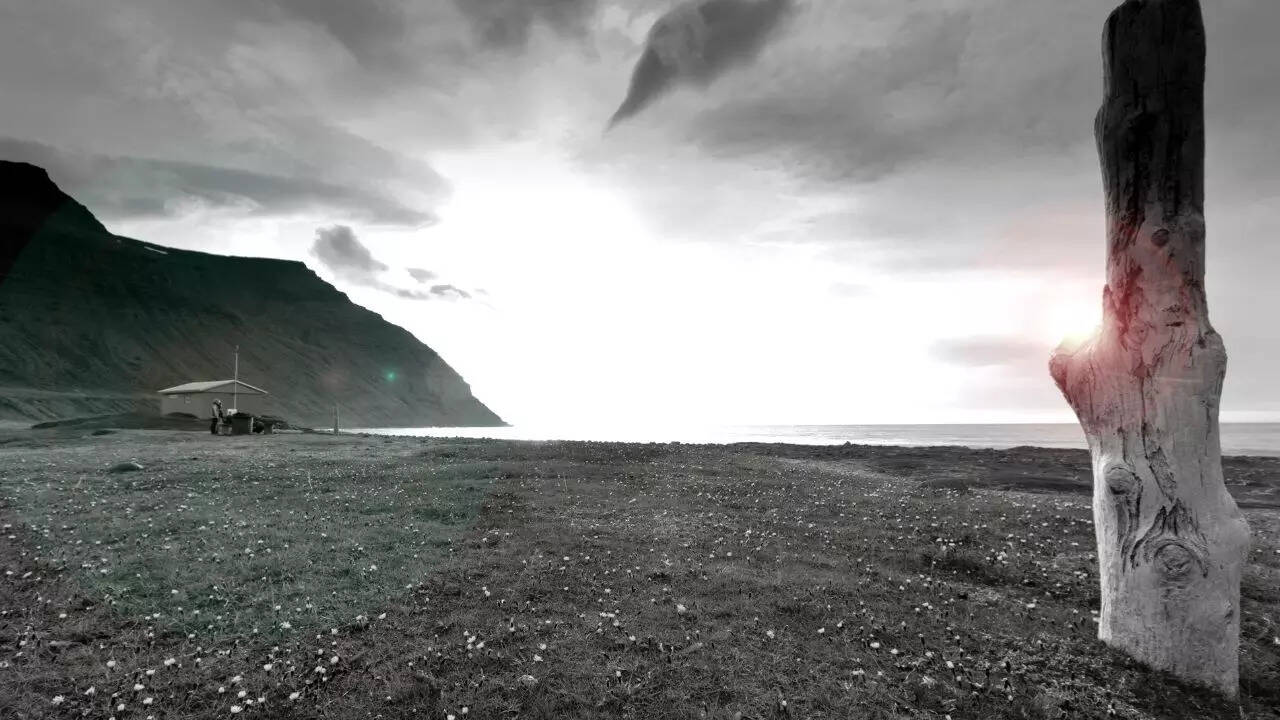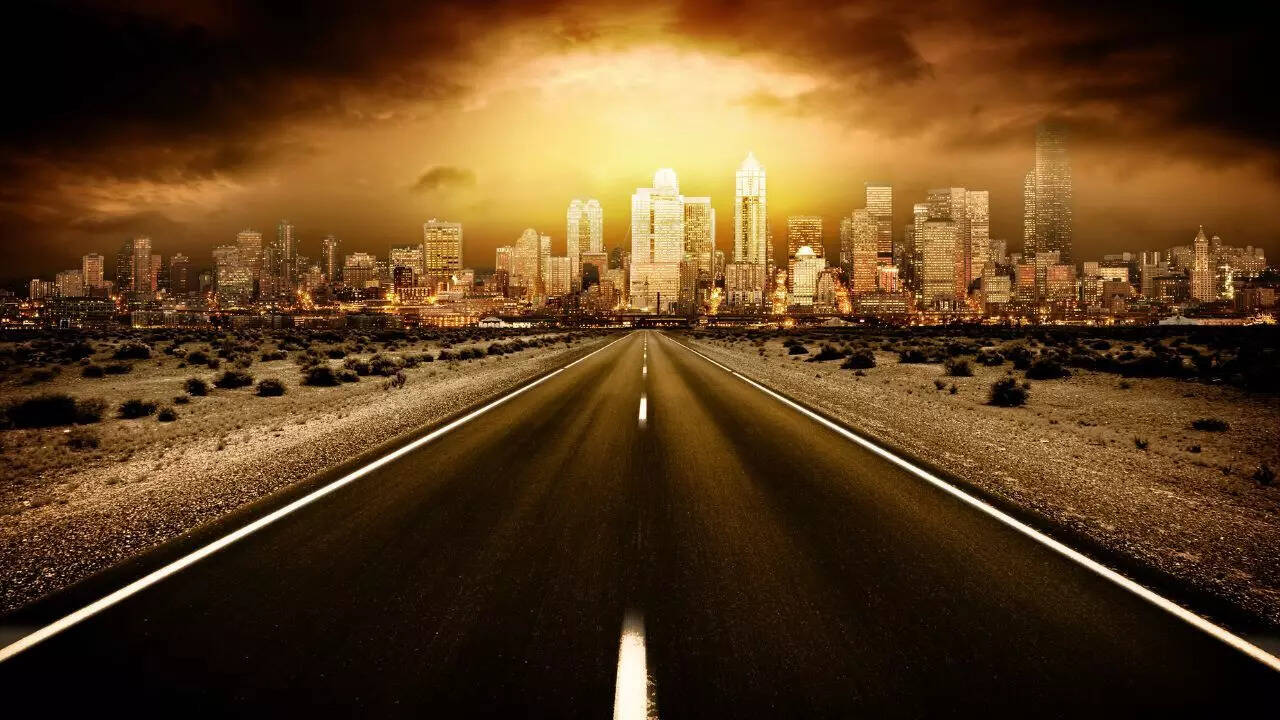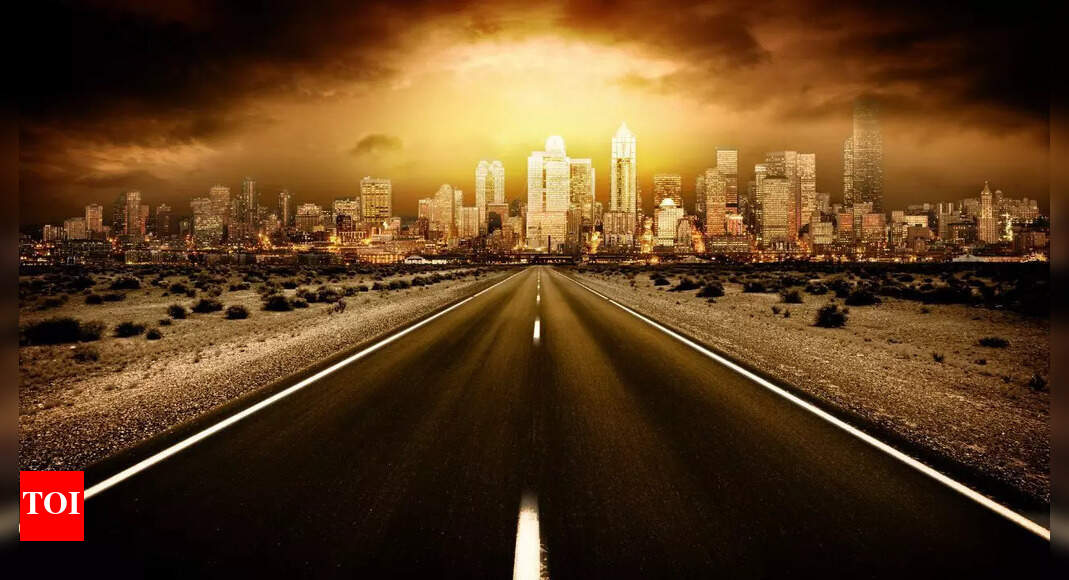We’ve all wondered at some point about the end of the world. It’s a thought that pops up in movies, books, and late-night conversations. Sometimes it feels a little scary, but at times it also makes us curious.The idea of the world coming to an end is something that gets everyone’s attention and compels one to at least rethink, no matter where they are from or what they believe. But beyond the myths and doomsday predictions, what does science actually say about it? Is there a date stamped on the calendar somewhere, or is the future a lot more uncertain than that?

Representative Image
With so many things happening in the world, including climate change, natural disasters, and conflicts, it’s easy to wonder if we’re heading toward some kind of final chapter. Yet, the truth is usually more different and less dramatic than the stories we hear. Instead of focusing on fear, it’s important to understand what’s really going on and what we can do today to make sure our planet stays healthy. So, we asked AI the big question, “When will the world end?” The answer might surprise you, and it might just change the way you think about the future.
What Perplexity said
The reply of Perplexity was a surprise as it almost sounded like a human- a well balanced, calculated answer. “According to current scientific knowledge, the world, meaning life on Earth, is predicted to end in about 1 billion years. This timeline is based on research by NASA and scientists at Toho University in Japan who used advanced models to simulate the future conditions of Earth, ” said Perplexity,“The main reason for the end of life is the increasing heat from the aging Sun, which will cause Earth’s surface temperature to rise, oceans to evaporate, and atmospheric oxygen levels to collapse, making the environment uninhabitable for complex life forms.

Representative Image
Physically, Earth itself is expected to be destroyed approximately 7.5 to 8 billion years from now when the Sun expands into a red giant and likely engulfs the planet, vaporizing it completely. Short-term end-of-world predictions from conspiracy theories or historical doomsday prophecies lack scientific backing and have been proven false repeatedly. Thus, from a scientific viewpoint, life as we know it will end in roughly 1 billion years due to solar heating effects, and the planet will meet its physical demise billions of years after that.“
What ChatGPT said?
ChatGPT again surprises us with a ‘philosophical overtone. “Honestly, no one really knows exactly when the world will end. It’s one of those big questions people have wondered about for centuries. From what science tells us, the Earth isn’t going anywhere anytime soon, at least not in a way that will suddenly make everything disappear. The planet has been around for over 4.5 billion years and has gone through some pretty intense changes, but life has always found a way to keep going, ” said the chatbot.

Representative Image
“Looking far ahead, scientists say the Sun will slowly get hotter over the next few hundred million years. Eventually, in about 5 billion years, the Sun will become a huge red giant and might even swallow the Earth. But that’s so far in the future that it’s hard to even imagine. Before that happens, other things could impact life here on Earth, like climate change, natural disasters, or even human-made problems like nuclear war or pollution. These challenges might change how we live or even threaten civilization, but they’re unlikely to wipe out the entire planet. However, there are theories where people worry about things like asteroid impacts or pandemics, which are rare but possible. Still, scientists around the world are constantly monitoring these threats and working on ways to prevent or handle them, ” it added.And ChatGPT gave us a conclusion too, “So, while the “end of the world” is a popular topic in movies and stories, in reality, it’s more complicated. The Earth will keep spinning, but it’s up to us to take care of it and make sure the planet stays healthy and safe for generations to come. “
